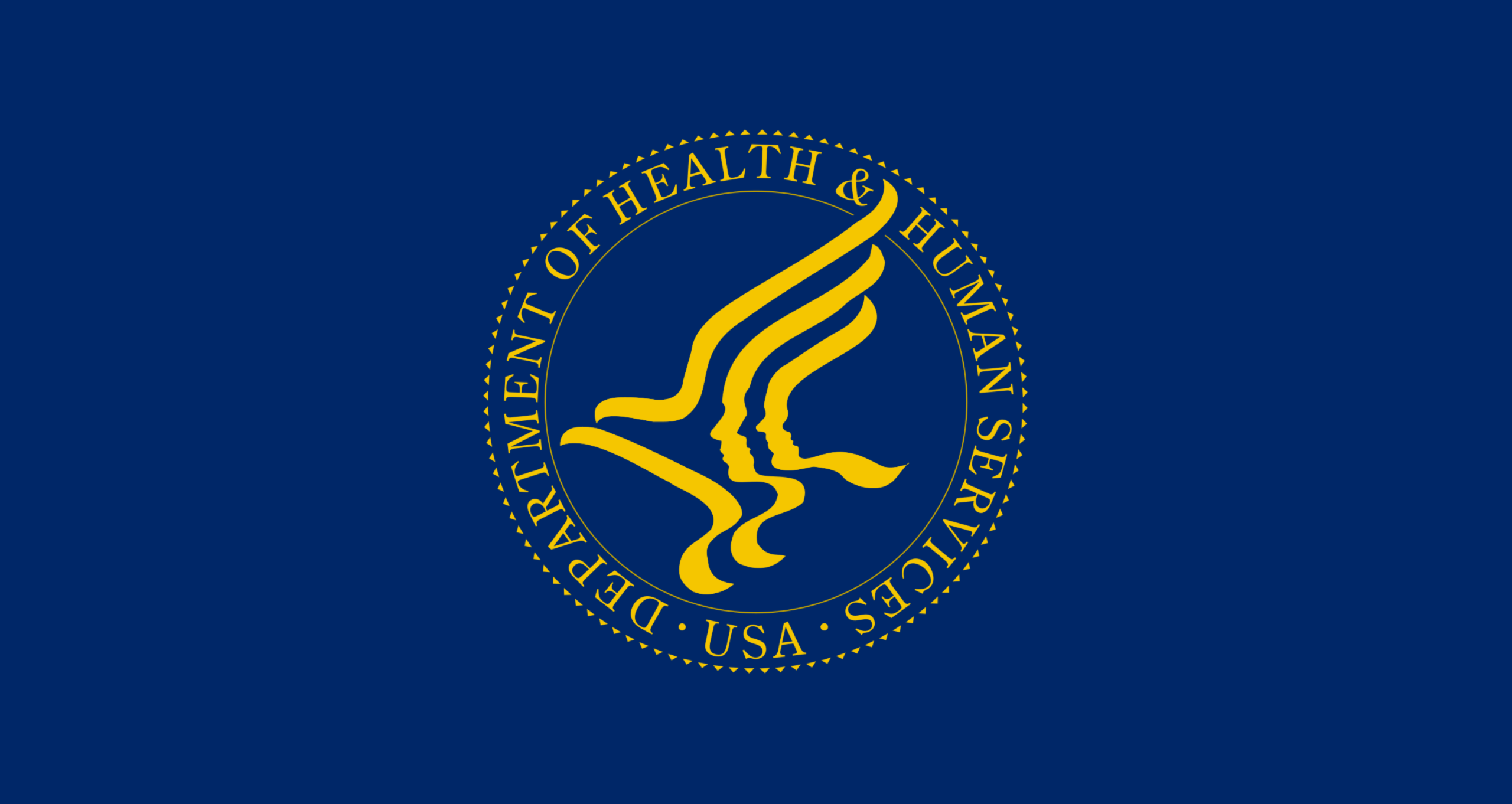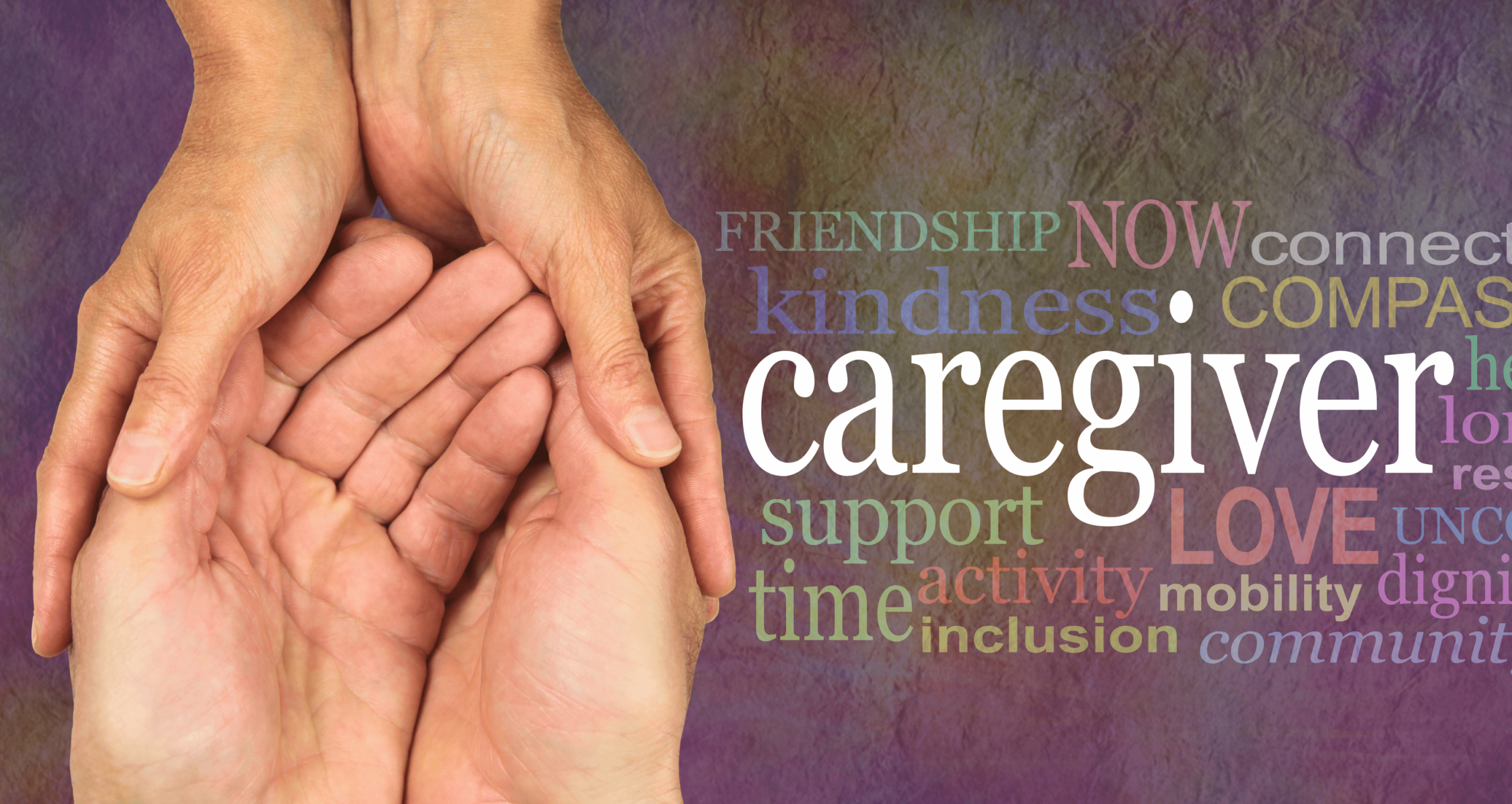On July 4, President Trump signed into law a sweeping budget reconciliation package that was passed in the Senate on July 1 and House on July 3 on party-line votes of 51–50 and 218–214, respectively. The law contains a number of provisions that will impact our network in several areas.
- Healthcare:
- Medicaid: The law imposes more stringent work reporting requirements for “able-bodied” adults between 19 and 64; lowers the allowable rate for state provider taxes for some provider types, with specific carve-outs for nursing homes and intermediate care facilities; grants states new authority to offer HCBS through standalone waivers that don’t require individuals to meet institutional-level of need.
- SNF minimum staffing: Prohibits implementation of the SNF minimum staffing regulation for 10 years.
- Rural hospitals: Includes a $50 billion rural hospital stabilization fund designed to support states with approved rural health transformation plans, allocating $10 billion annually from 2026 to 2030.
- Medicare: The CBO projects that the law will trigger future cuts to Medicare totaling nearly $500 billion due to the Statutory Pay‑As‑You‑Go Act of 2010 (S-PAYGO). This law kicks in when legislation increases the deficit and would trigger an estimated $45 billion in Medicare cuts for fiscal year 2026.
- Housing: Creates a permanent 12% allocation increase in low-income housing tax credits (LIHTC) starting in 2026, while also permanently reducing the 50% bond financing threshold test to 25% beginning in 2026, lowering a barrier to affordable housing production.
- Refugees: It institutes a permanent ban on refugees and other humanitarian-status immigrants from getting Medicaid.
- Nonprofit tax provisions:
- Charitable deduction: It establishes a non-itemizer deduction for charitable contributions at $1000 for individuals and $2000 for joint filers;
- Excludes two provisions we opposed: one putting nonprofit status in jeopardy if an organization was deemed to have ties to a “terrorist” group and a second levying UBIT on transportation and fringe-benefit related costs.
The focus now turns to implementation of the law, with much of the impact depending on which state is being discussed. For example, the Kaiser Family Foundation has prepared a state-by-state analysis of the impact of Medicaid spending reductions.
Looking ahead, we anticipate another budget reconciliation bill in the fall. In a recent interview, House Budget Committee Chair Jodey Arrington (R-TX) said that majority Republicans seek deeper cuts to Medicaid and spending reductions in Medicare that weren’t included in the first bill. They also plan to cut funding for states that fail to enforce existing laws against Medicaid benefits for undocumented immigrants and reimbursement rates for “healthy, able-bodied adults” added to Medicaid under President Barack Obama’s Affordable Care Act.
We will be tracking both implementation of the current law and further legislative efforts carefully and will update you as needed.
Sarah Dobson is Senior Director of Advocacy and Public Policy at Lutheran Services in America.
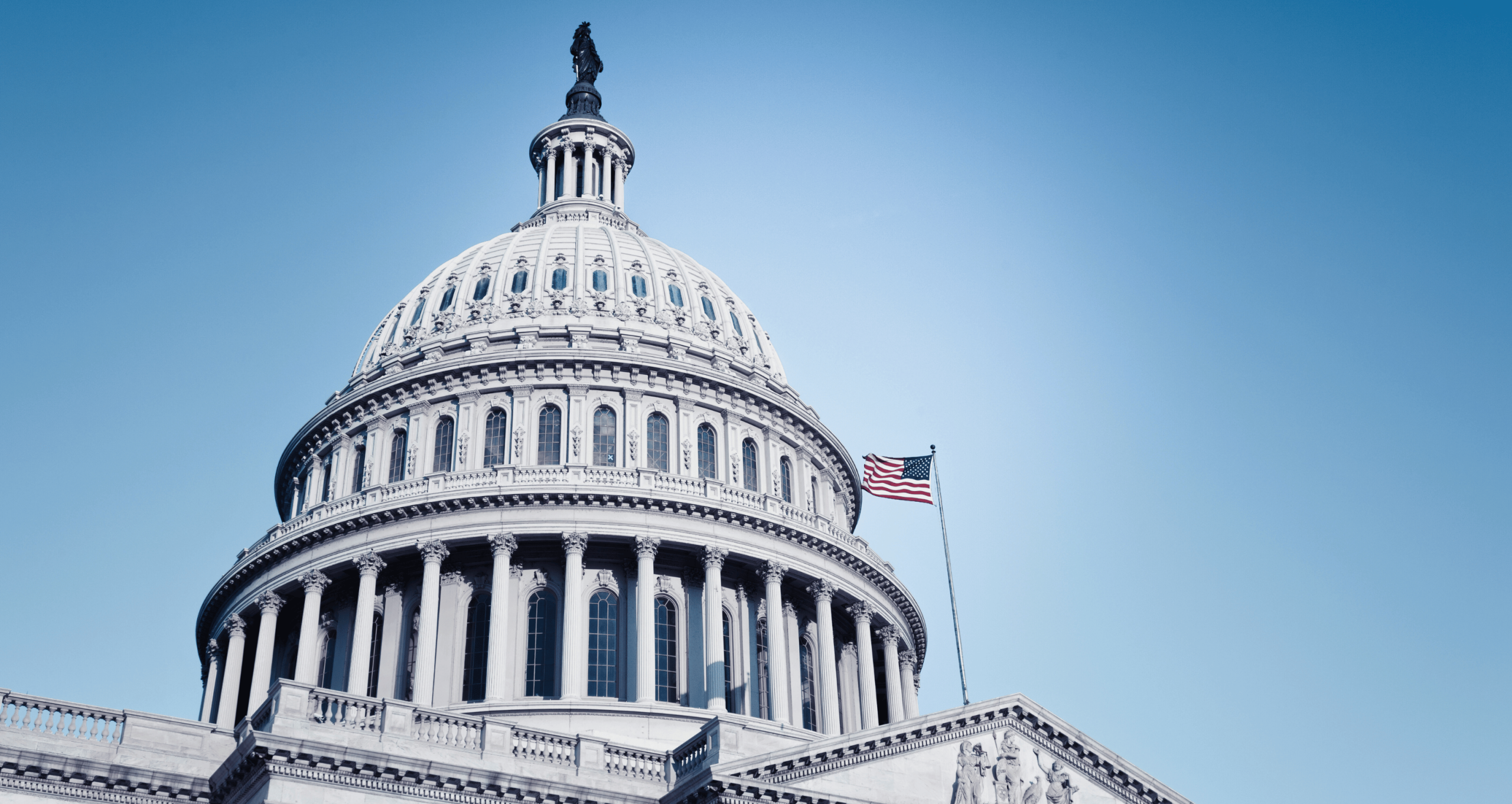
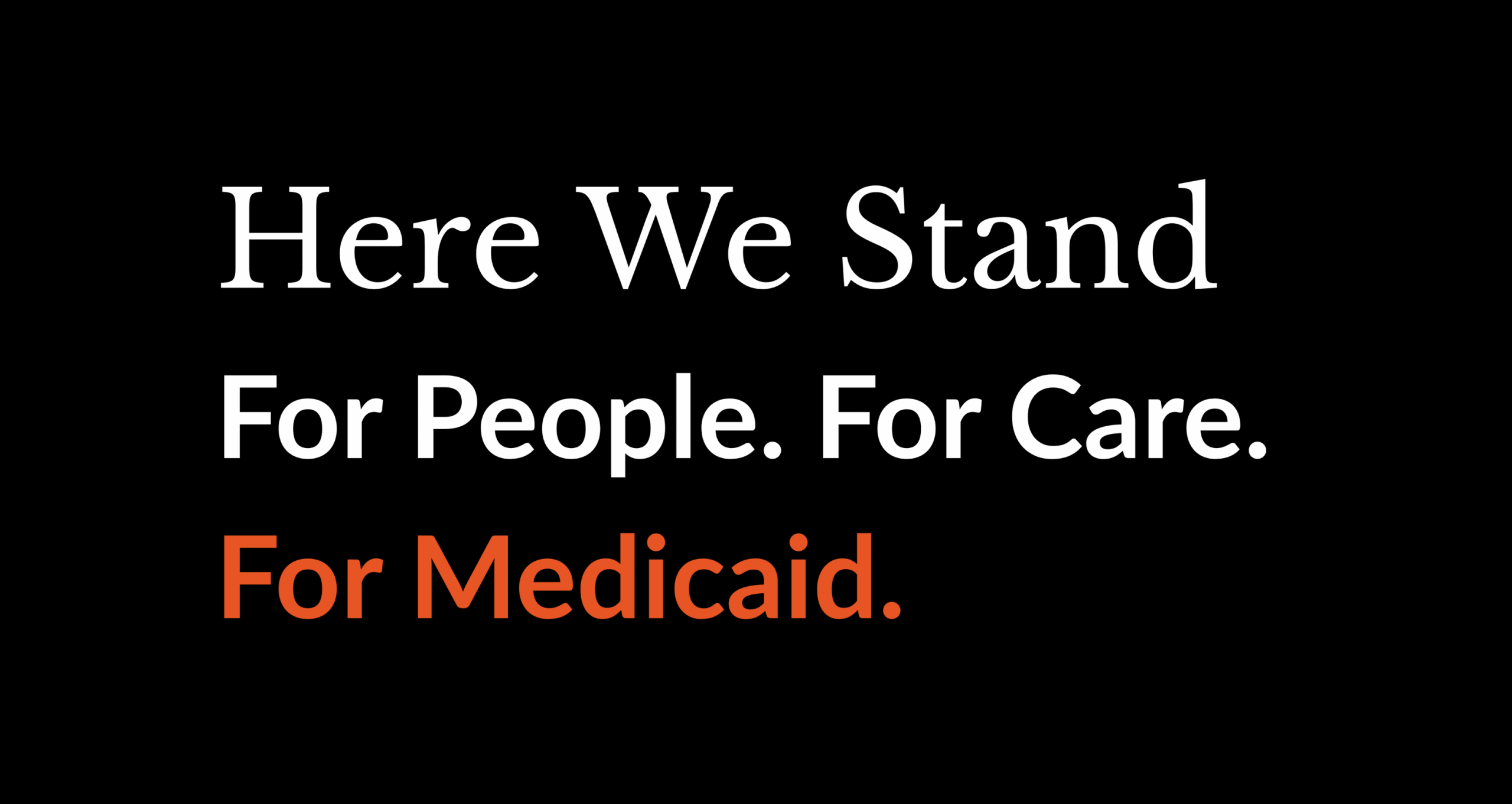
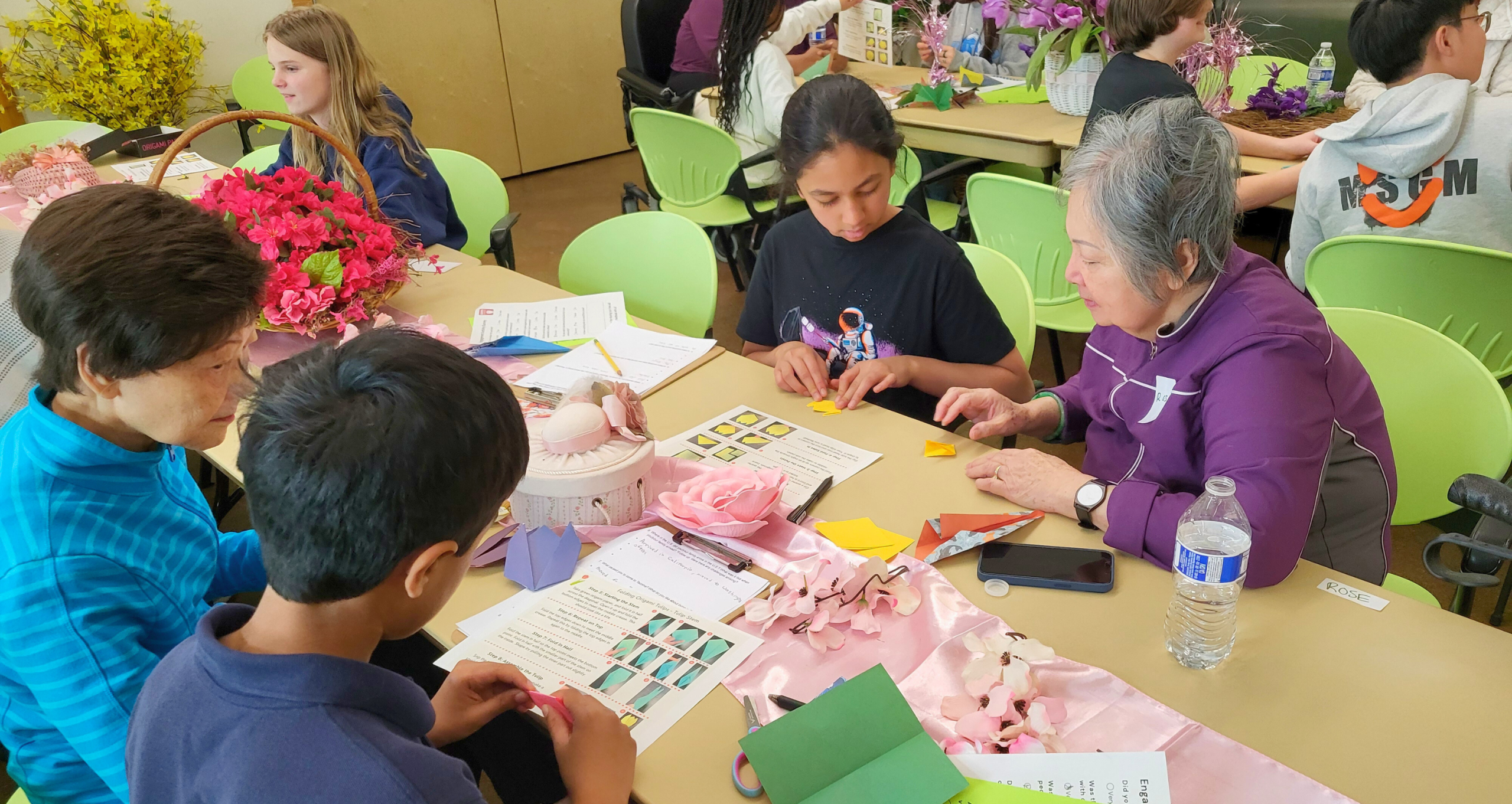
 As part of the
As part of the 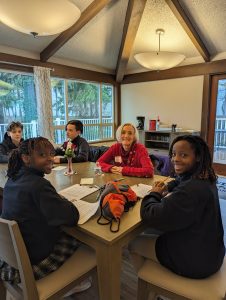 Each session is structured to encourage meaningful interactions. Students receive a set of conversation prompts, an icebreaker, and an activity—such as origami—to enjoy together.
Each session is structured to encourage meaningful interactions. Students receive a set of conversation prompts, an icebreaker, and an activity—such as origami—to enjoy together.
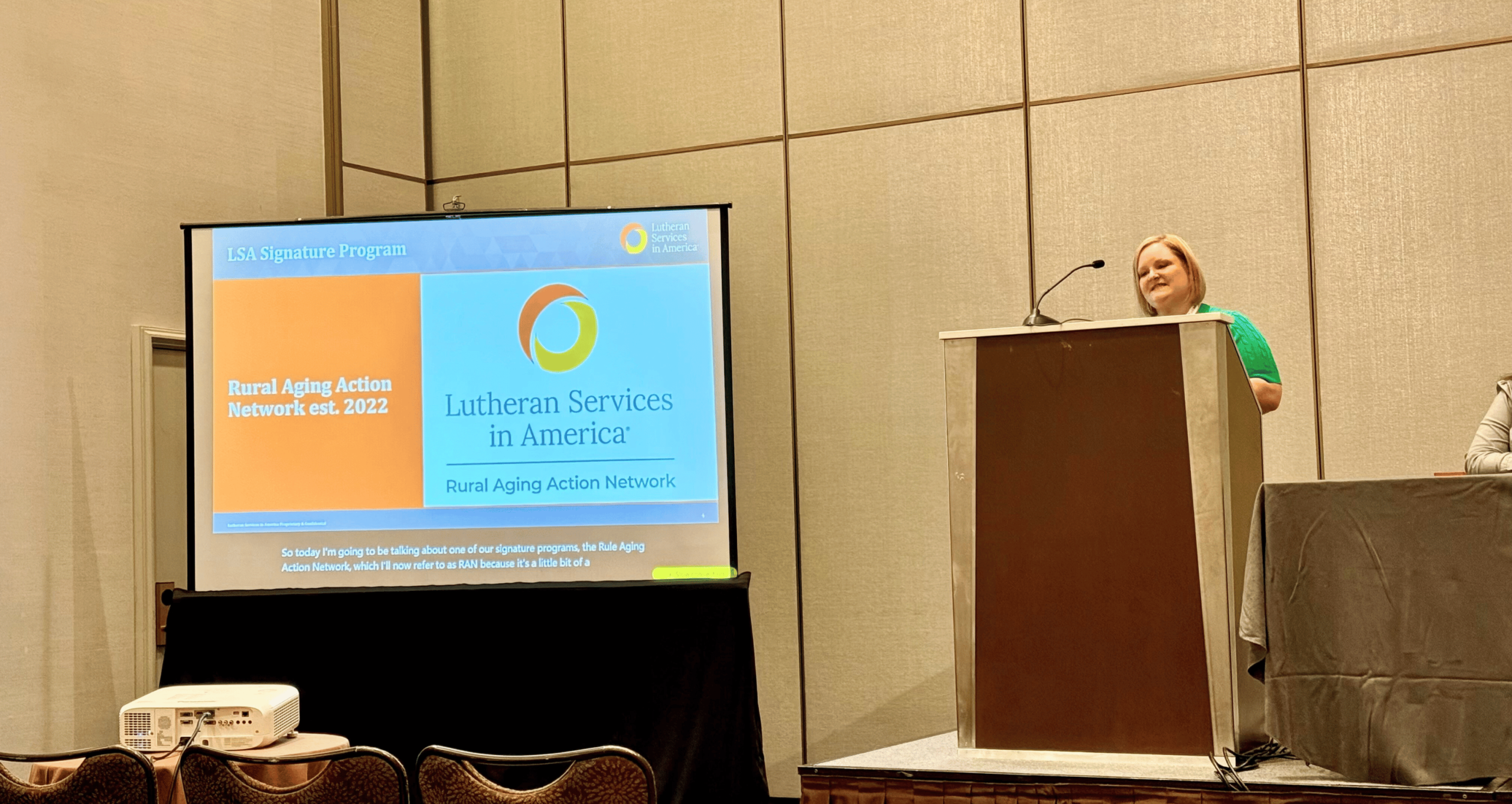

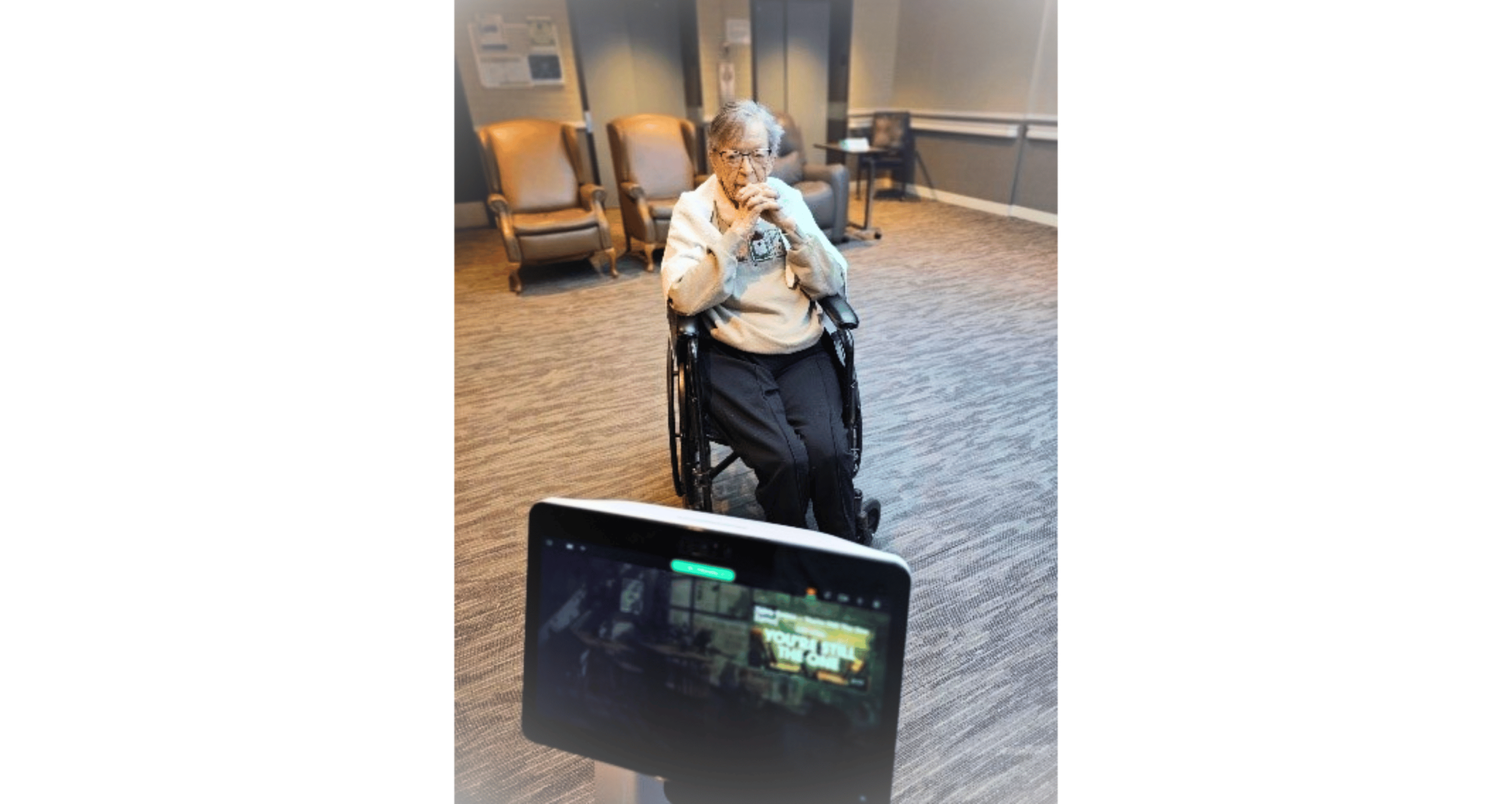
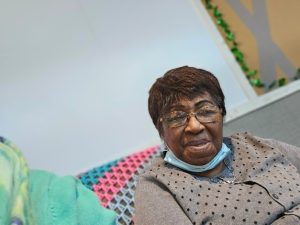 The response has been overwhelmingly positive. One resident calls Temi her go-to partner for a daily game of solitaire (no more shuffling required!). Another resident uses Temi as a walking companion who plays favorite hymns along the way and helps her stay physically active while bringing joy in her daily routine. Moreover, staff and family caregivers report seeing improved moods and stronger daily engagement.
The response has been overwhelmingly positive. One resident calls Temi her go-to partner for a daily game of solitaire (no more shuffling required!). Another resident uses Temi as a walking companion who plays favorite hymns along the way and helps her stay physically active while bringing joy in her daily routine. Moreover, staff and family caregivers report seeing improved moods and stronger daily engagement.